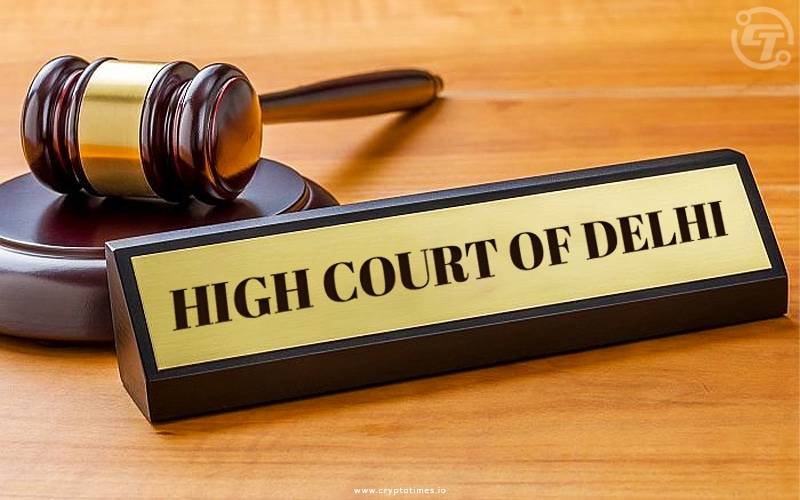In a recent development, the Delhi High Court has denied an interim injunction on the plea made by Rario, a popular NFT platform backed by Dream11, against Striker, a Web3 fantasy platform
The dispute arose from the unauthorized use of art images of cricketers in NFTs minted and distributed by Striker and Mobile Premier League (MPL).
Justice Amit Bansal declined to provide immediate relief to Rario, stating that NFTs do not belong to any particular platform and that the platforms involved are merely enablers of NFTs. This case marks the first legal battle in India concerning NFTs.
Rario had filed a lawsuit against MPL and Striker earlier this year, alleging that the platforms had violated their exclusive license agreements by minting and distributing NFTs of players whose rights Rario owned.
Rario argued that only it had the right to mint and distributed NFTs based on the players’ images and that MPL and Striker’s actions constituted infringement.
Rario’s petition garnered support from prominent cricketers such as Harshal Patel, Shivam Dube, and Umran Malik, among many other well-known players who have also entered into NFT deals with Rario.
The All India Gaming Federation (AIGF) and online gaming platform WinZO petitioned the Delhi High Court to intervene in the lawsuit. However, the court permitted them to submit their arguments along with Rario, MPL, and Striker.
God of Cricket Sachin Tendulkar partnered with Rario last October. Tendulkar is a strategic investor and a beacon for fans to purchase his NFTs on Rario exclusively.
In this case, the Delhi High Court’s decision has significant implications for the growing NFT market in India. It highlights the need for clarity and legal frameworks in the emerging field of digital collectables.
As the use of NFTs becomes more widespread, legal battles and disputes over ownership, licensing, and intellectual property rights are likely to increase, necessitating careful consideration and resolution by the courts.






